The journey to create a chatbot with Vietnamese identity
In 2022, the emergence of ChatGPT marked a global turning point, bringing AI from a technology reserved for engineering to a popular topic in media, education and business. Vietnam quickly caught up, integrating international AI tools into digital products and processes.
However, foreign AI has limitations when processing Vietnamese, especially in specific fields such as law, general education or regional conversations. From there, Vietnamese AI has moved from the application stage to mastering technology, aiming to build its own identity.
Vietnamese AI on the journey to master technology
In the early stages, most AI applications in Vietnam were built on existing platforms from abroad. Companies integrated APIs from Google, OpenAI or Microsoft to create chatbots, analyze text, or generate basic content. This was the stage that helped businesses, especially in the fields of finance, insurance, and education, get acquainted with AI as a productivity tool.
FPT .AI deploys thousands of bots to automatically answer customers; VAIS provides voice-to-text solutions in public administration environments; Vbee and other startups develop TTS (Text-to-Speech) systems in standard Vietnamese... However, the major limitation is still the dependence on foreign models and limited Vietnamese language data.
From mid-2023, when open source models such as LLaMA or Mistral become a trend, Vietnamese AI will start to shift from integration to mastery. VinAI develops PhoGPT specialized for Vietnamese; VinBigdata launches ViGPT specializing in specific fields of Vietnam such as law, history, culture, and celebrities; FPT.AI applies RAG model combined with Vietnamese data; VAIS builds a standardized data set for speech recognition.
Creating a unique identity and ecosystem
Entering 2025, many units will no longer stop at innovation, but have begun to build a unique identity for Vietnamese AI. Not simply understanding Vietnamese, new models are being trained to behave like a "digital Vietnamese" reflecting the way of speaking, habits, thinking logic and even indigenous social concepts.
For example, FPT Smart Cloud products such as FPT AI Engage, FPT AI Reader, FPT AI Vision have brought AI into specific contexts of Vietnam. These include: virtual assistants in public services, chatbots in the retail industry, and regional response capabilities.
Similar to ChatDST, the AI announced by Pharmacist Tien is aimed at dialogue on health, psychology and beauty topics, which are culturally and personally related. Although still controversial in terms of technology, ChatDST opens up the possibility of branding AI instead of anonymous AI, which can be "celebrity AI" or "industry-specific AI".
The future of Vietnamese AI does not lie in copying a "Vietnamese version of GPT-5", but in developing virtual assistants that truly understand Vietnamese people from language, communication style to culture and daily habits.
With a strong spirit of innovation, rapid integration capabilities and a growing domestic AI ecosystem, Vietnam is fully capable of shaping its own path, not only keeping up with global trends but also creating its own mark on the regional and world AI map.
SINGLE INTELLIGENCE
Source: https://tuoitre.vn/ai-viet-tu-bat-kip-xu-huong-den-tao-ban-sac-rieng-20250718154653033.htm






![[Photo] 60th Anniversary of the Founding of the Vietnam Association of Photographic Artists](/_next/image?url=https%3A%2F%2Fvphoto.vietnam.vn%2Fthumb%2F1200x675%2Fvietnam%2Fresource%2FIMAGE%2F2025%2F12%2F05%2F1764935864512_a1-bnd-0841-9740-jpg.webp&w=3840&q=75)

![[Photo] National Assembly Chairman Tran Thanh Man attends the VinFuture 2025 Award Ceremony](/_next/image?url=https%3A%2F%2Fvphoto.vietnam.vn%2Fthumb%2F1200x675%2Fvietnam%2Fresource%2FIMAGE%2F2025%2F12%2F05%2F1764951162416_2628509768338816493-6995-jpg.webp&w=3840&q=75)
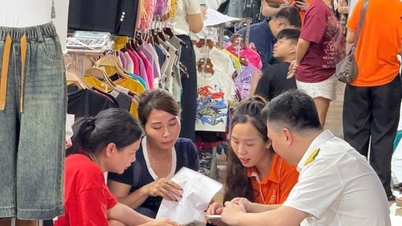

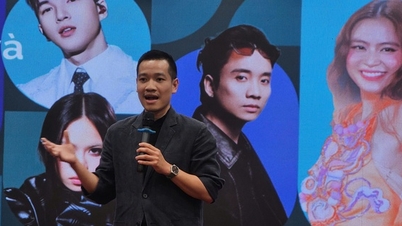



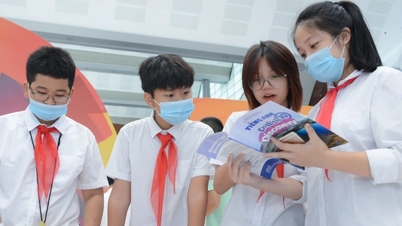






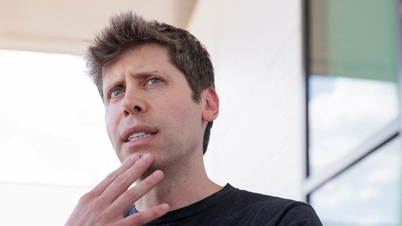
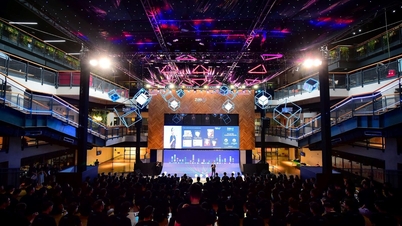

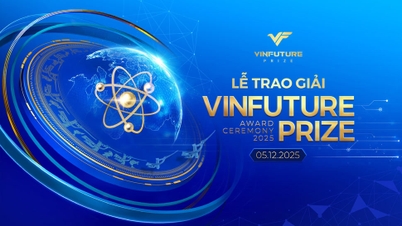

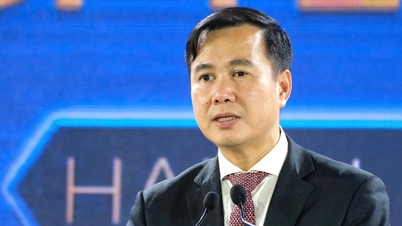






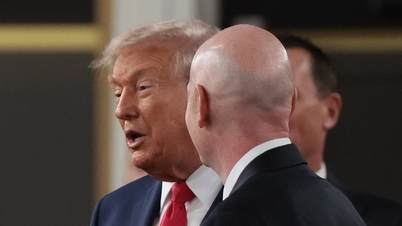
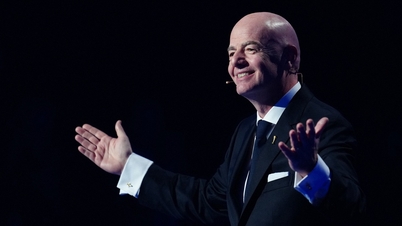








































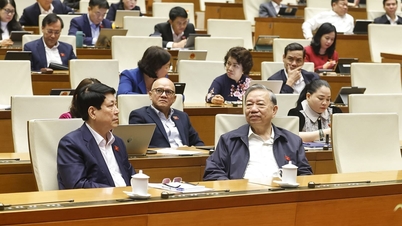













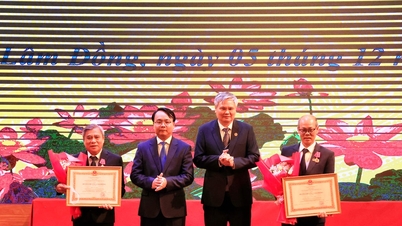
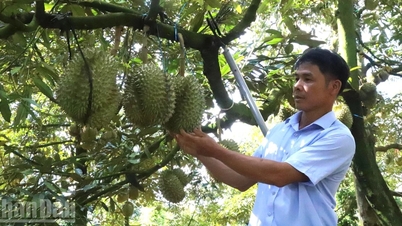
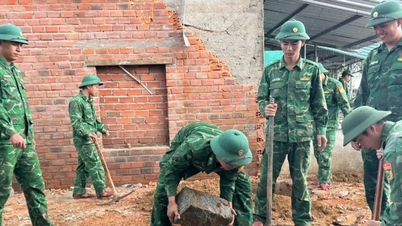
















Comment (0)